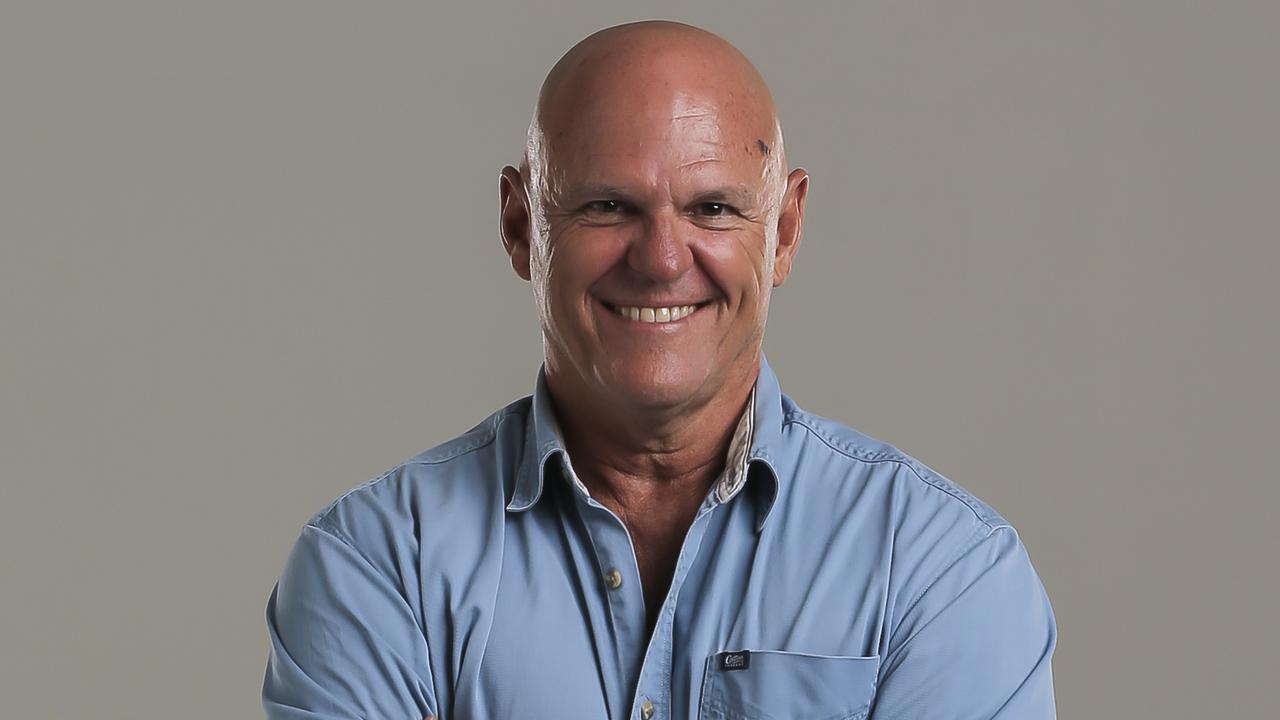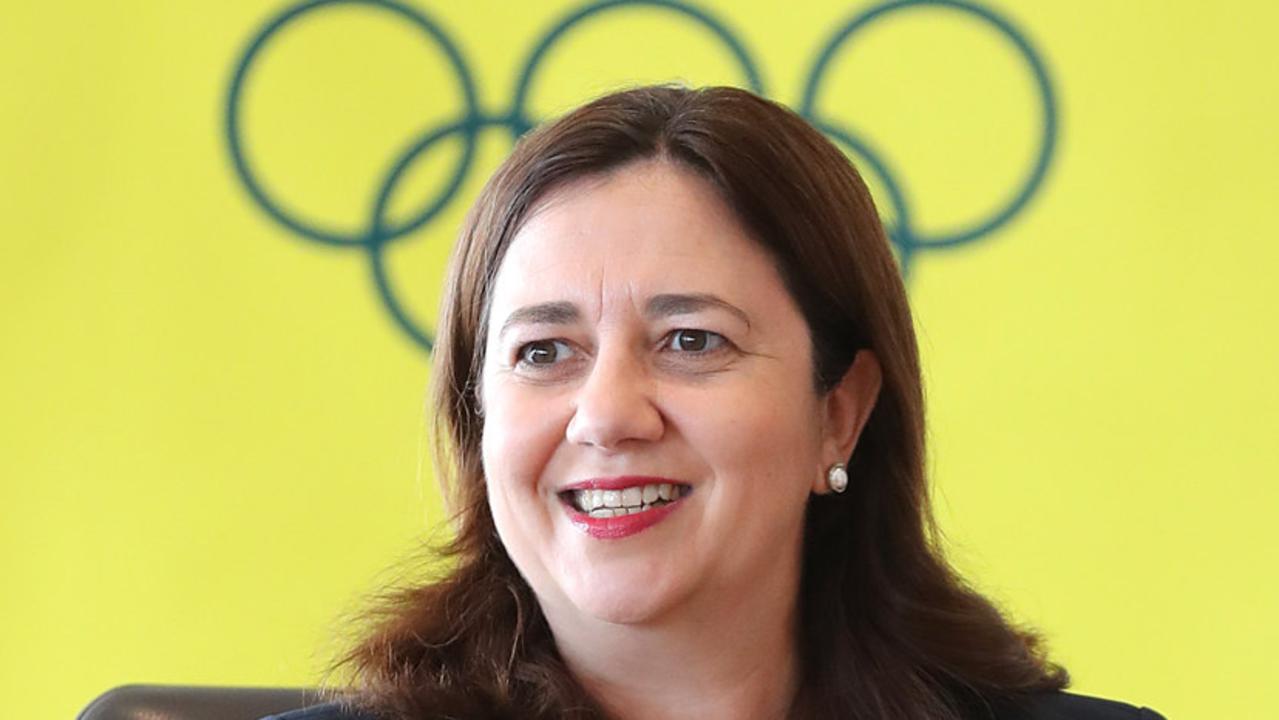Nothing wrong with paying fees to give your child the education you want them to have
SENDING my child to a private school doesn’t make me a snob, wealthy or intellectually superior. No school is perfect. But to label fee-paying parents as elitist is wrong, just as it’s wrong to call non-fee paying parents “bludgers”, as one reader did.
Opinion
Don't miss out on the headlines from Opinion. Followed categories will be added to My News.
- Parents forking out fortune to pay for kids’ education
- Queensland schools: Most innovative, part 1
- Queensland schools: Most innovative, part 2
- Parents, not schools, are to blame for our education crisis
SENDING my child to a private school doesn’t make me a snob, wealthy or intellectually superior.
What it means is that I’ve assessed a range of schools within an imperfect education system and decided that for my son, a certain school is best.
From Year 5 he attended a private college in Brisbane, and as a single parent without financial support, I sacrificed for the sake of his education.
It was my decision and it was my reward to watch him grow into a confident, respectful young man.

There were tough times and tears but now that he has finished Year 12 at a school that prioritises community service as well as academic excellence, I reflect on what he has achieved with the support of (mostly) wonderful teachers and peers who genuinely care about him.
I bought a culture, not an OP score.
No school is perfect. No family’s journey is the same.
So to label fee-paying parents – whose taxes support all students, by the way – as elitist is wrong, just as it’s wrong, as one Courier-Mail reader suggested after Tuesday’s report on the price of education, that non-fee paying parents are considered “bludgers”.
The purpose of an education is not to give parents bragging rights.
Rather, it is to turn out well-rounded, well-informed young people who are ready for responsible adulthood.
These children can - and do - come from either education sector.
In fact, some of the best schools for preparing students for real life – which includes the rapidly shifting world of work - are public schools or “second tier” private schools, as my recent report on innovation shows.
But by far the greatest influence on educational outcomes are parents.
From a landmark 1966 American study by sociologist James Coleman to recent research by UK education lecturer Janet Goodall, the single most important predictor of a child’s educational success is the input of mum or dad.
It outstrips the quality of schools, teachers and funding levels.
This is not a socio-economic issue or a choice between public or private. It is a parenting issue.
Even mums or dads working several jobs can demonstrate how much they value education by encouraging the completion of homework, participation in school life, and the respect of school rules.
Throughout my own and my son’s largely private education, I have seen working parents organise fundraisers, run canteens, help in the classroom and regularly attend their children’s sporting and cultural events.
They do this not because – as one reader ridiculously suggested – that such parents “honestly believe that there is a scientific correlation between wealth and intelligence”, but because they believe being an emotionally available and physically present parent is important.
And there is nothing pretentious about this.



